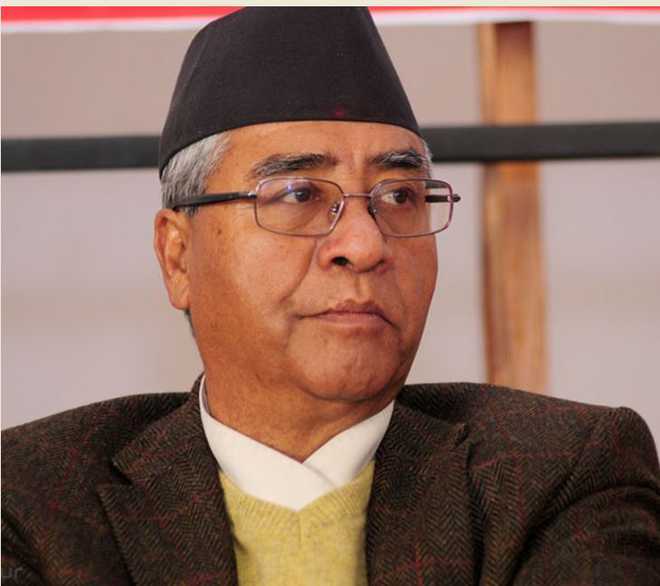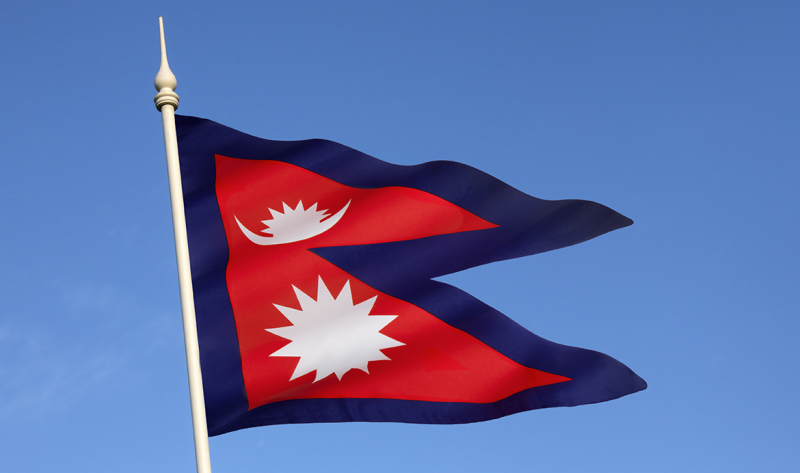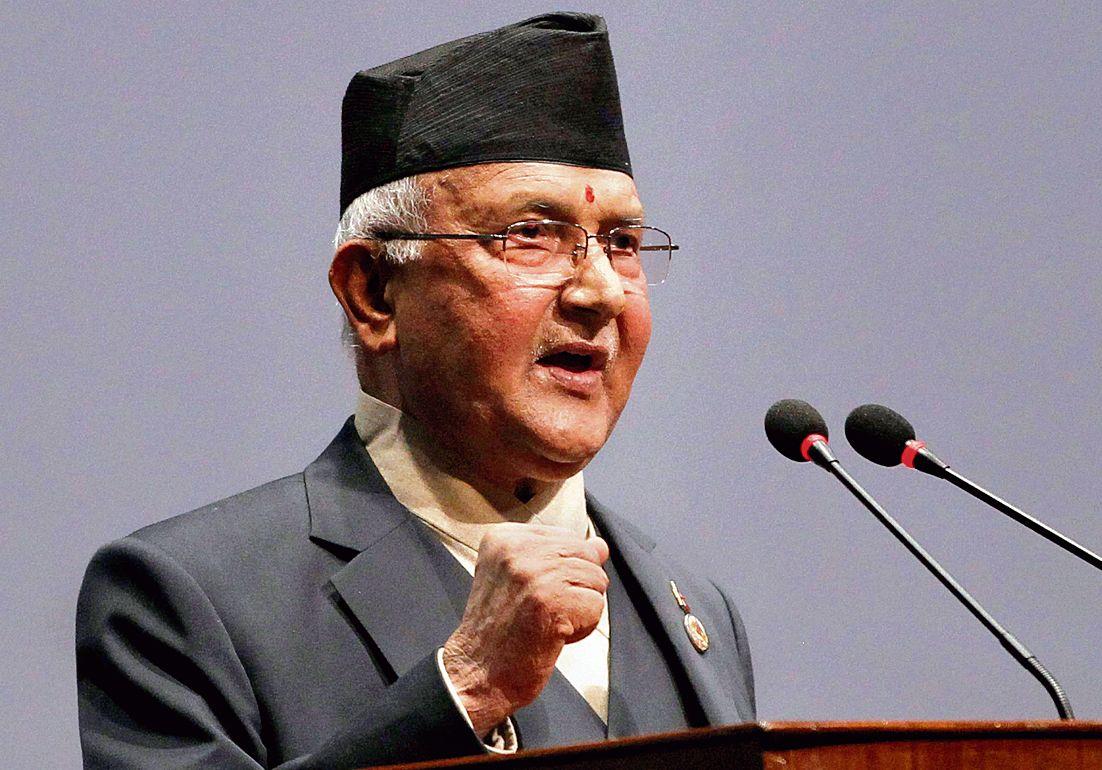Kathmandu:
Beijing has turned the heat alongside the borders of its neighbouring country Nepal with border pillars vanishing in the Daulkha district of the Himalayan nation. It appears to be yet another example of growing Chinese belligerence and a complete disregard to the international border by Beijing.
Raising red flags, the Nepalese Home Ministry reported the incident in village-Vigu of District-Daulkha to the country’s Ministry of Foreign Affairs.
According to EU Reporter, the China-Nepal border has historically been a controlled border system, established by a mutual agreement between the two nations in 1960, which subsequently led to the formation of the 1961 border treaty, with the construction of the pillars of demarcation.
Post the 1961 treaty, the boundary line between Nepal and China has witnessed several changes mainly including the erection of 76 permanent border pillars. China is now trying to change the status quo in its favour.
Last year, in the month of September, China encroached upon Nepalese territory and constructed 11 buildings in a remote district of Nepal’s border, Humla.
However, Nepal claimed territory over Humla, China expectedly denied it. This incident raised tensions along the border, culminating in widespread protests outside the Chinese embassy in Nepal, with people sloganeering “Stop Chinese Expansionism”.
The buildings were constructed by China at the spot where a Nepalese border pillar was found missing several years ago. The local rural municipality chair of the disputed area had reported upon China’s stake to claim the area under its control. These developments fuelled protests at the embassy in Kathmandu against the Chinese hegemony and disregard for the national sovereignty of Nepal, reported EU Reporter.
During those times, Nepalese officials had stated that their attempts to negotiate with the Chinese side were rendered fruitless and met with hostility. The Chinese security personnel came armed with a tanker, truck and a jeep, asking the Nepalese officials to retreat to the border for talks and clarifications.
The expansionist designs of China have gone unabated with whoever it shares a boundary line. The displacement of the border pillar in Nepal is not an isolated event.
As per a survey by Nepal’s Ministry of Agriculture, China illegally encroached on several bordering districts including Gorkha, Dolakha, Humla, Darchula, Sindhupalchowk, Rasuwa, and Sankhuwasabha.
Years of peaceful coexistence between the two countries are being undone by Chinese President Xi Jinping’s regime and its ruthless pursuit to arm-twist smaller neighboring countries.
The border pillar displacement situation worsened as Prime Minister KP Oli defended the encroachments by the Chinese Communist Party (CCP), a stance that was vehemently opposed by the opposition members of the Nepali Congress. KP Oli’s denial has put the Sino-China border row at a crossroads for both countries, thus playing directly into China’s hand.
Under current circumstances surrounding the COVID-19 pandemic, Nepal is also not too keen to engage with China over any border dispute due to possible economic backlash and the high expense involved. China has an easy opportunity to capitalize upon the vulnerable Nepalese border and displace more border pillars, raking in the increased territory, reported EU Reporter.
















Leave a Reply